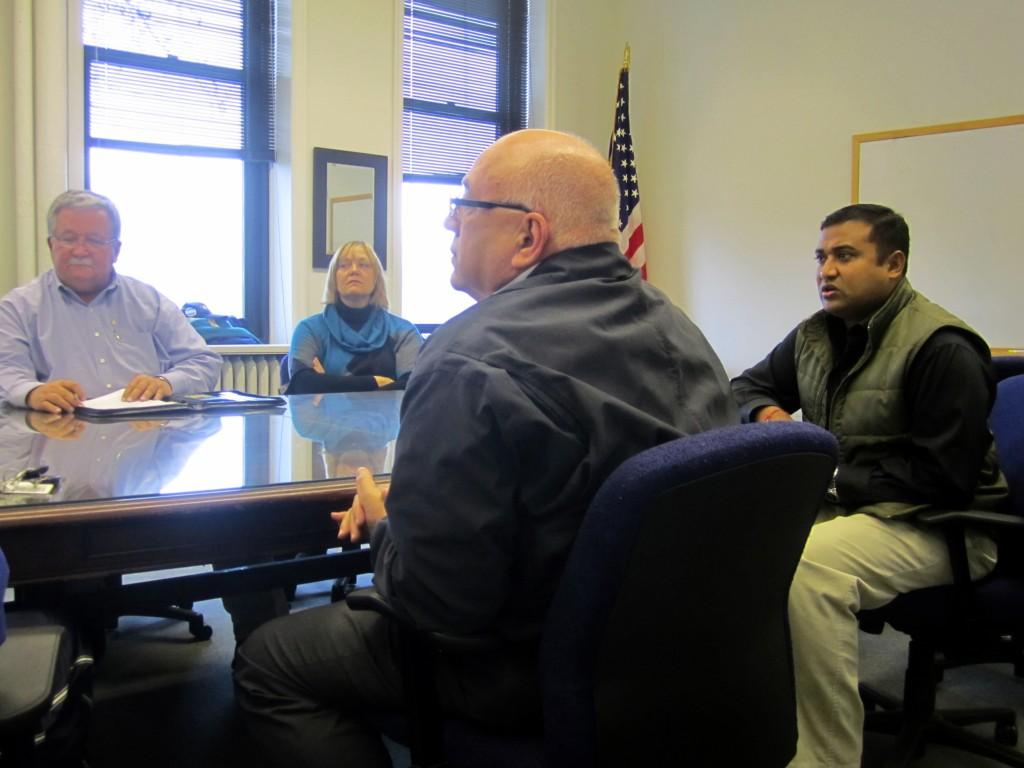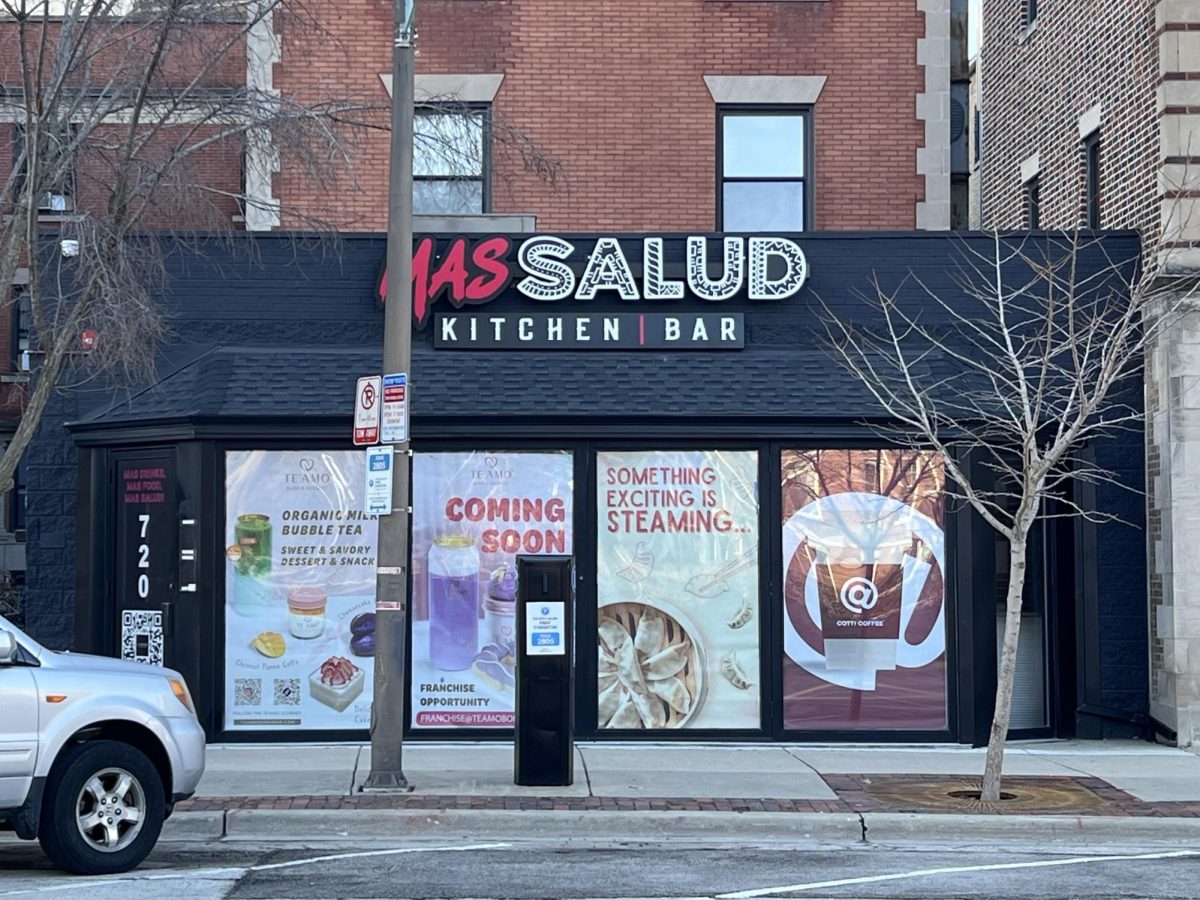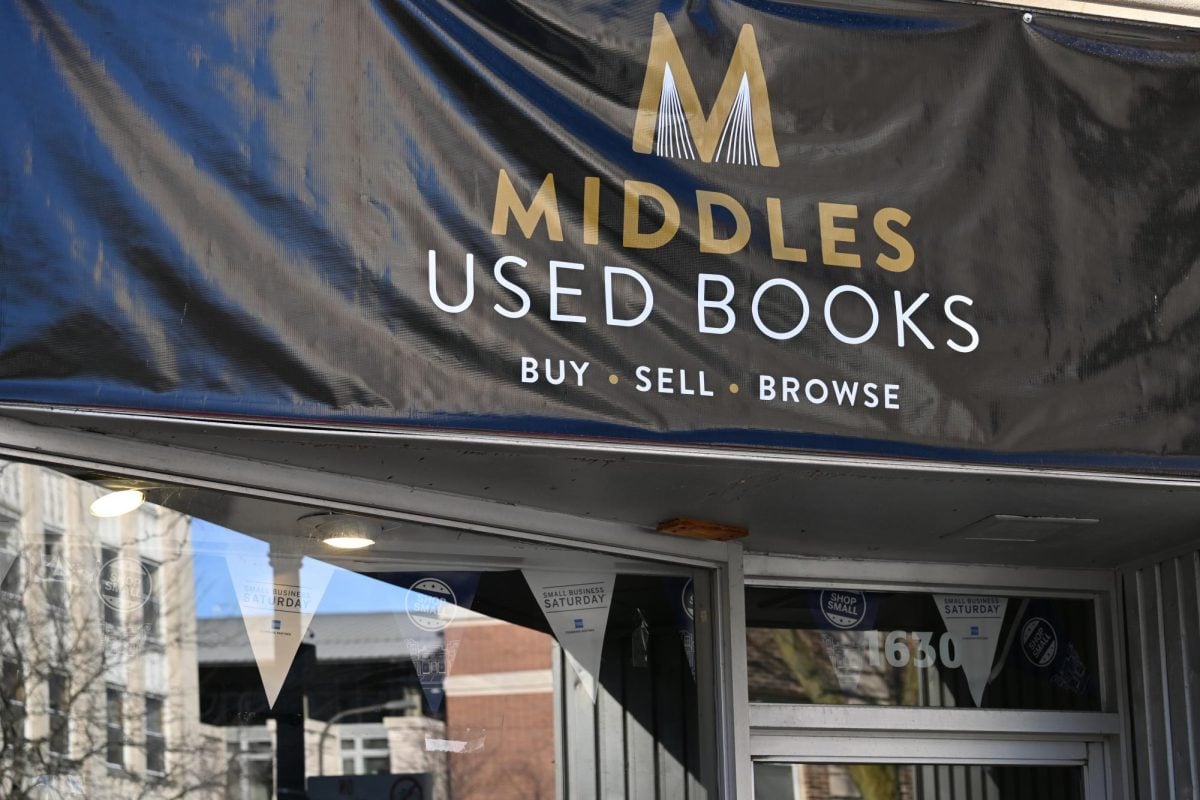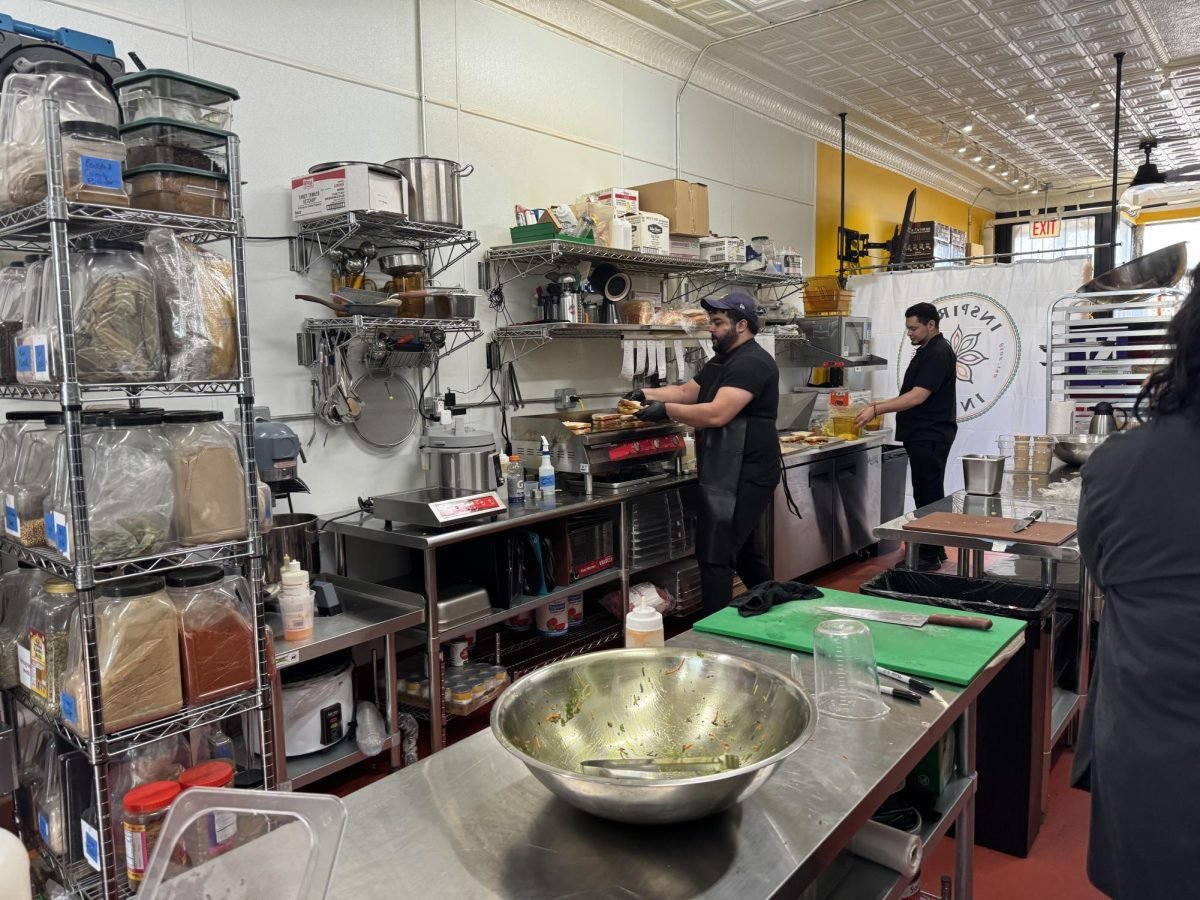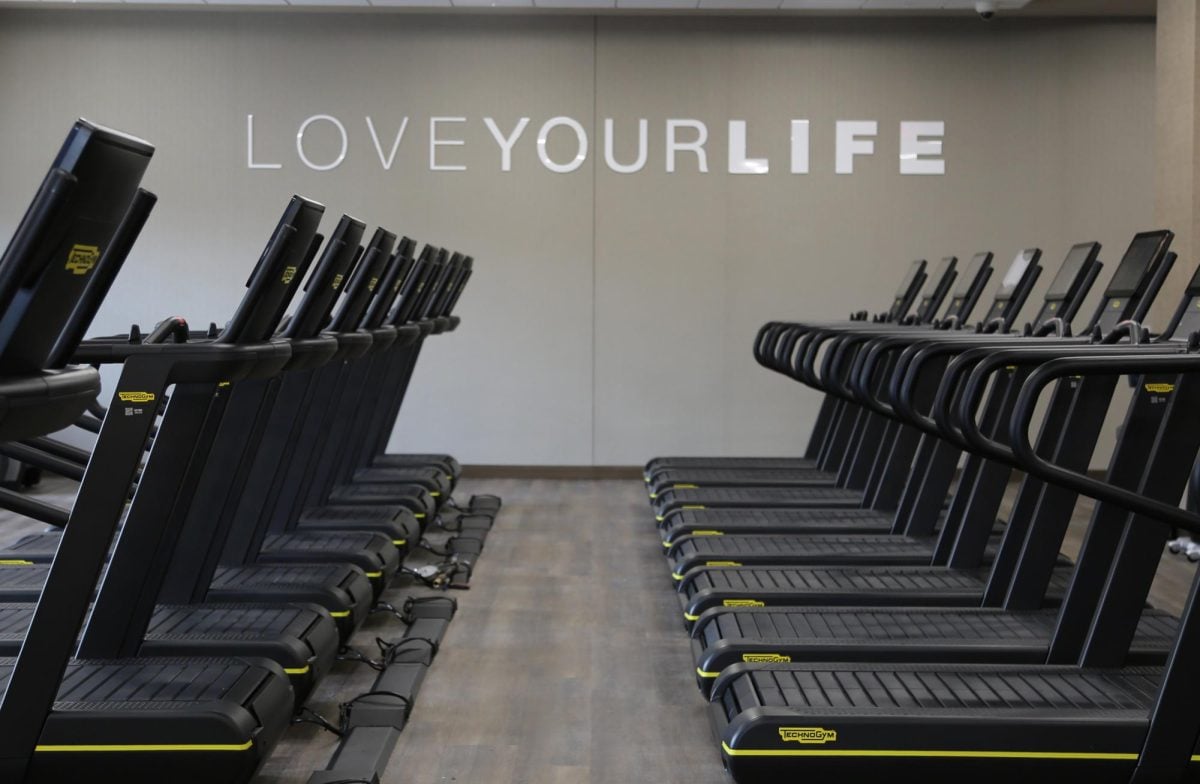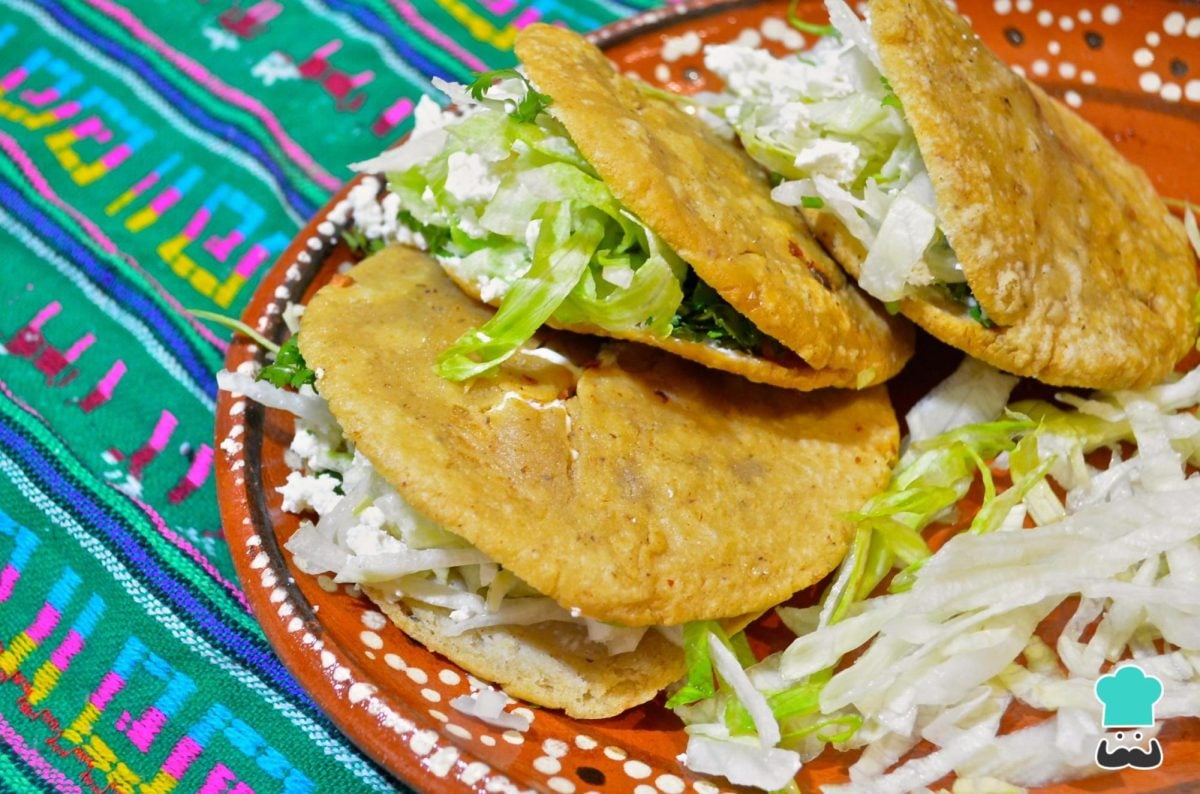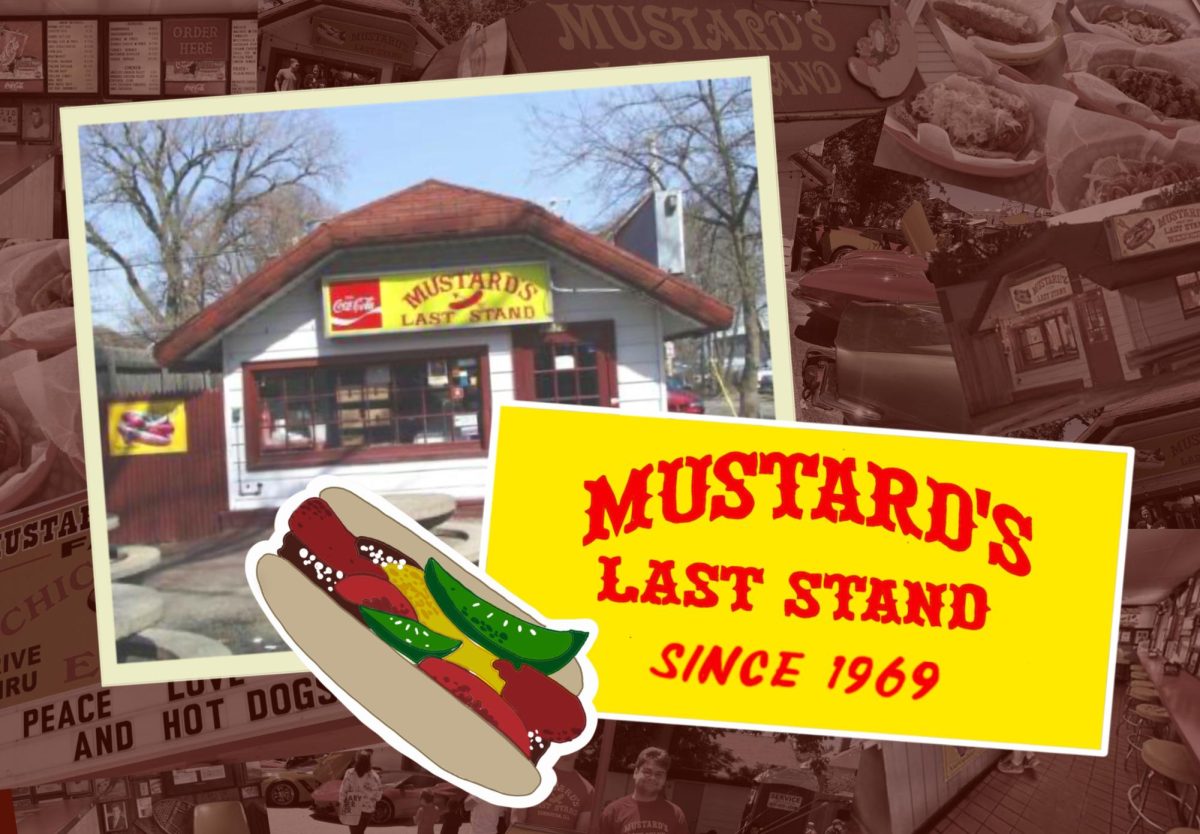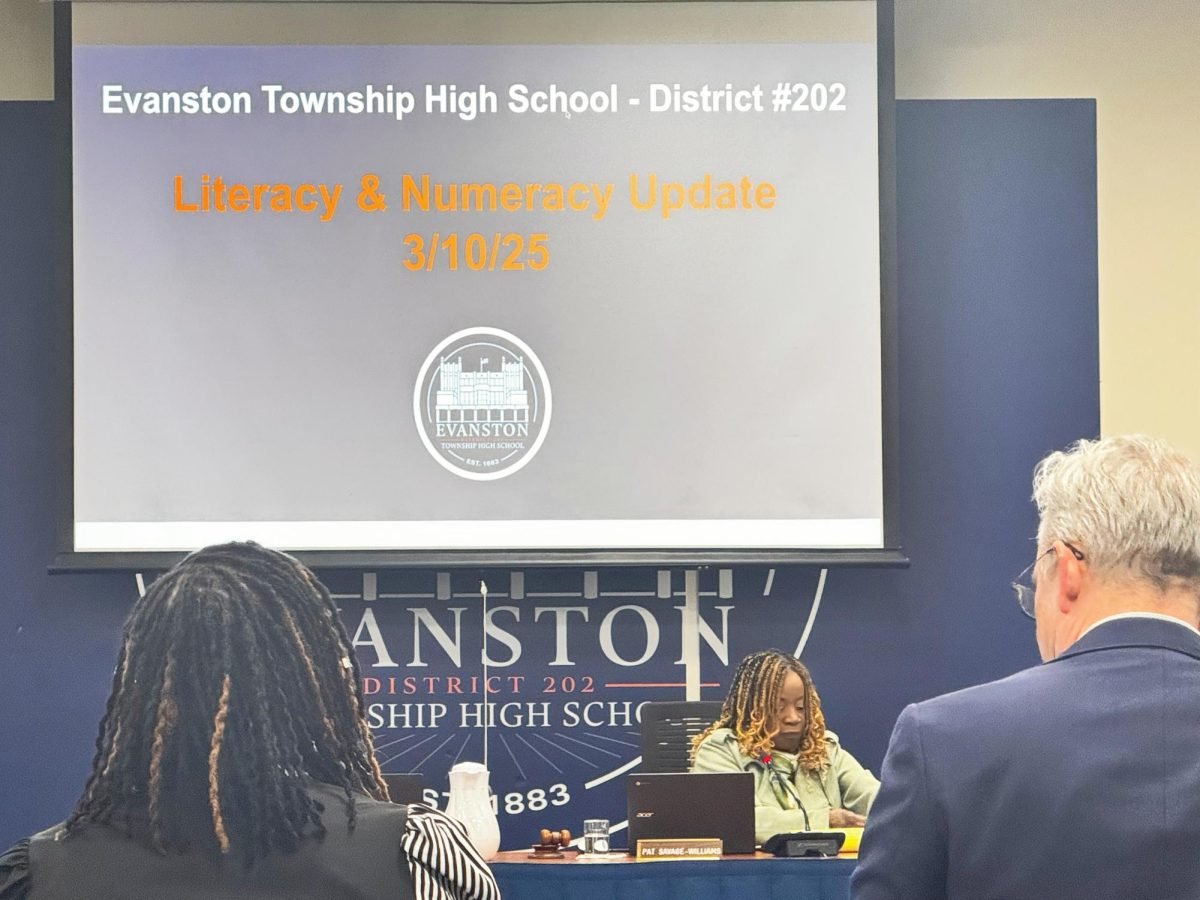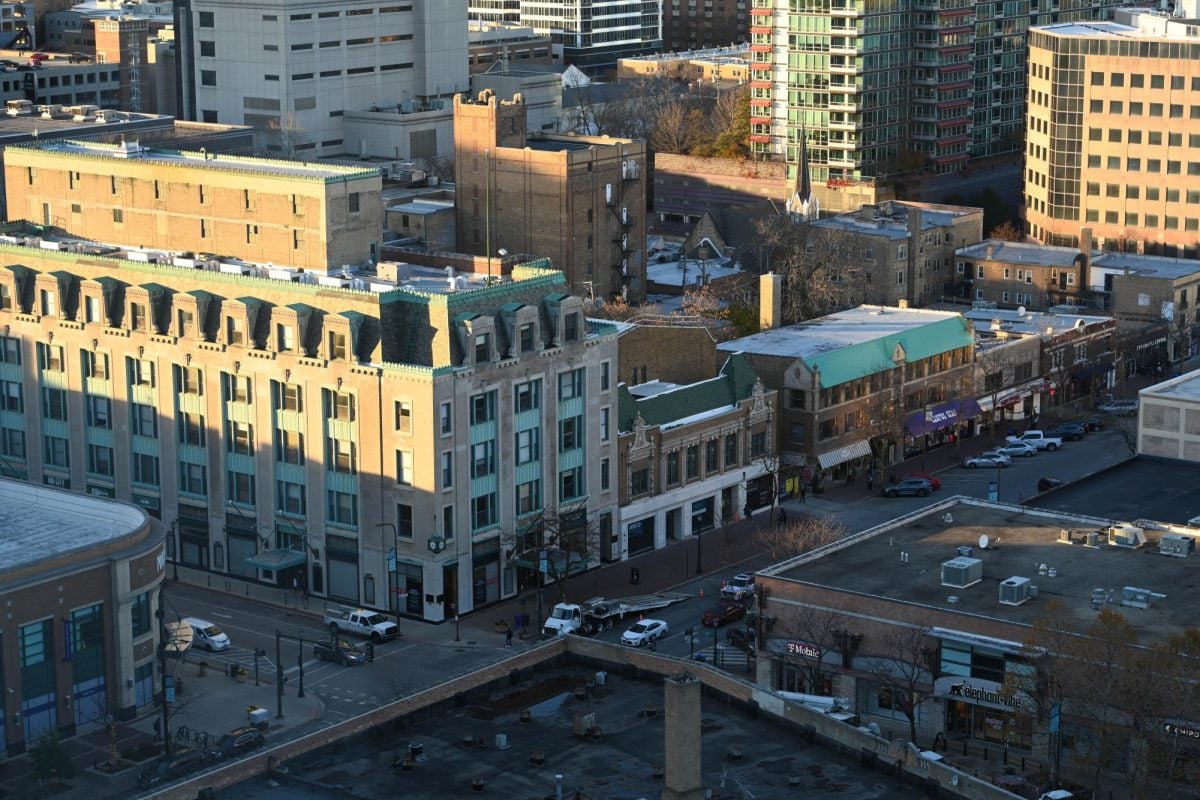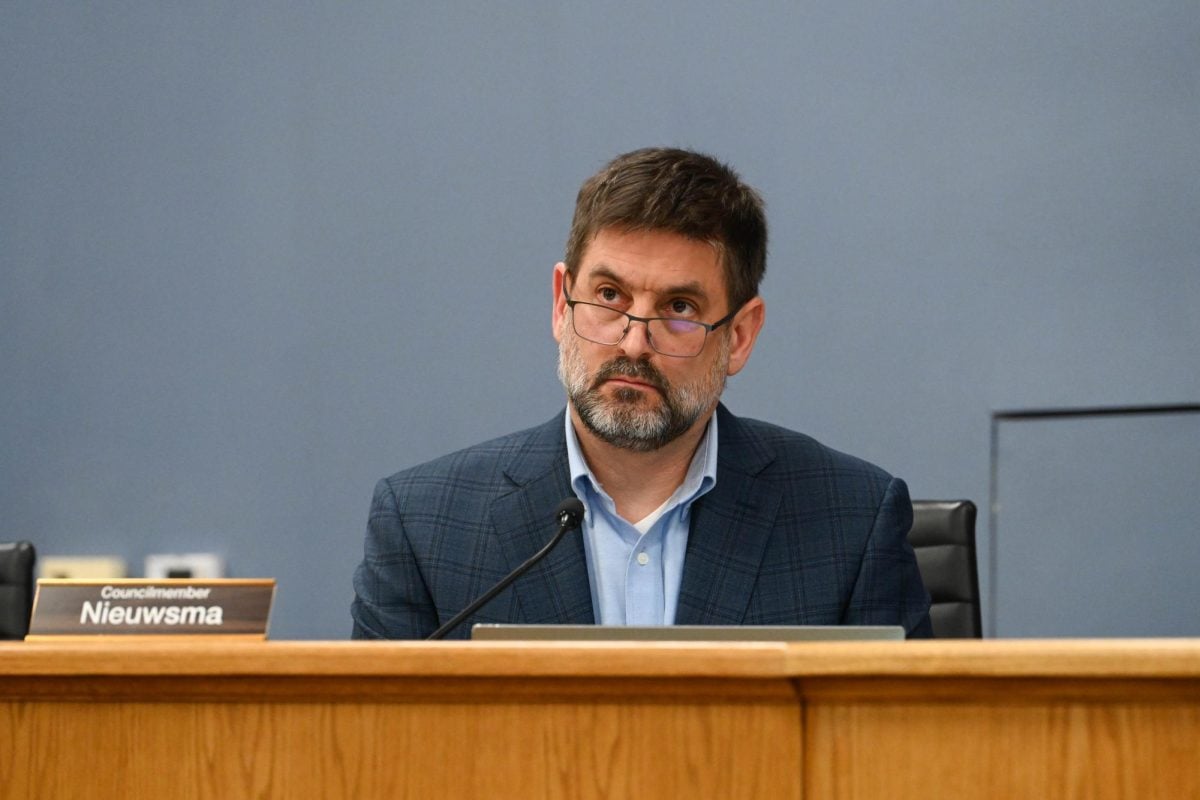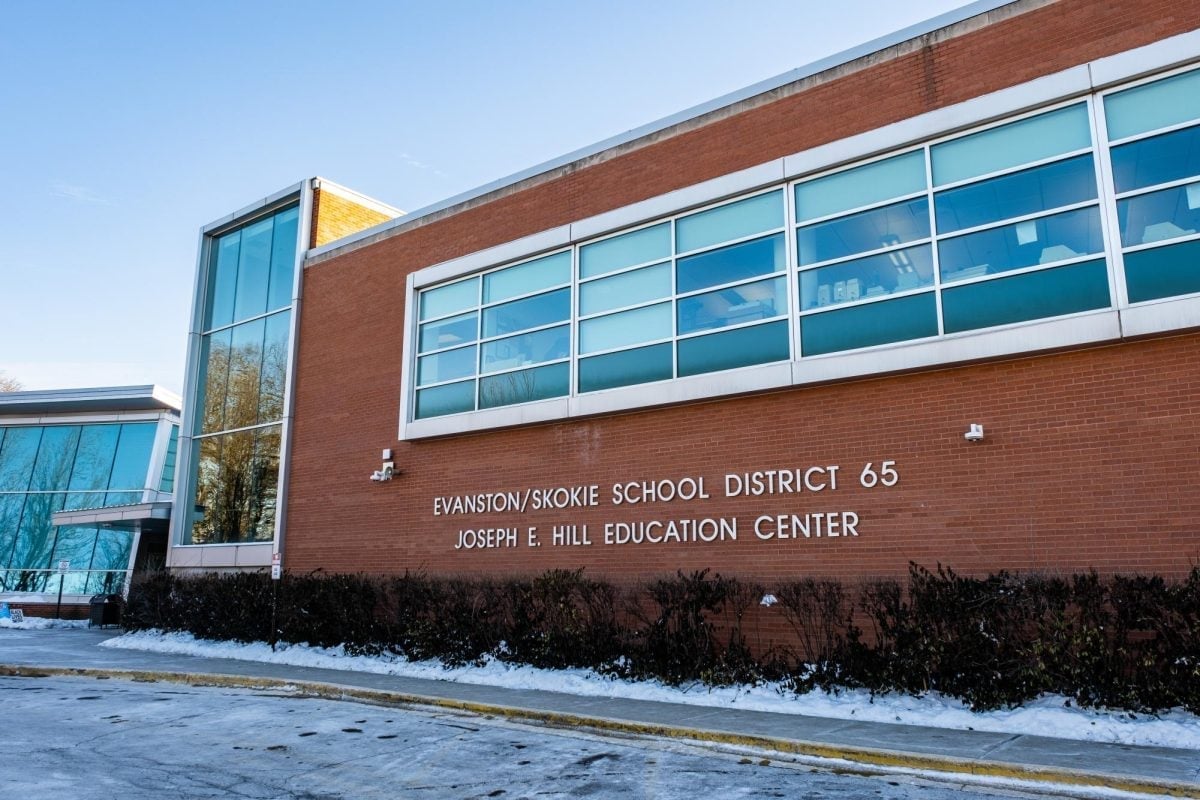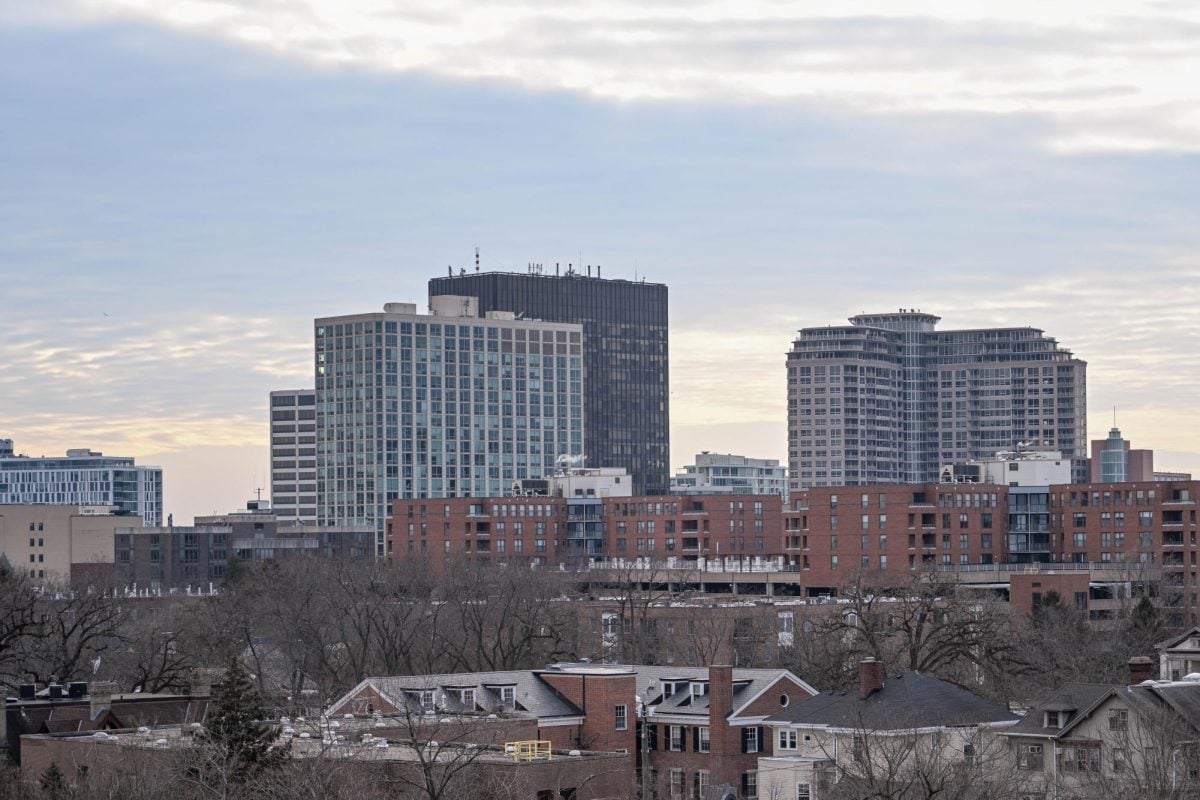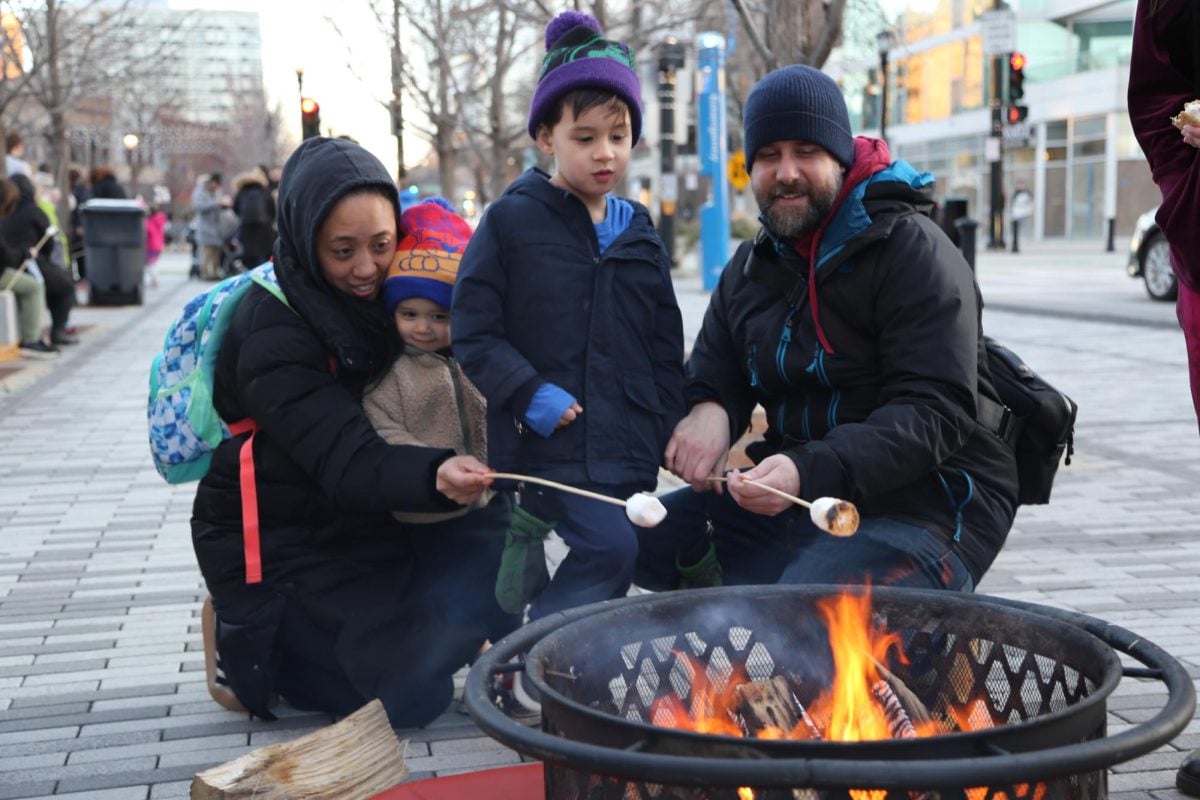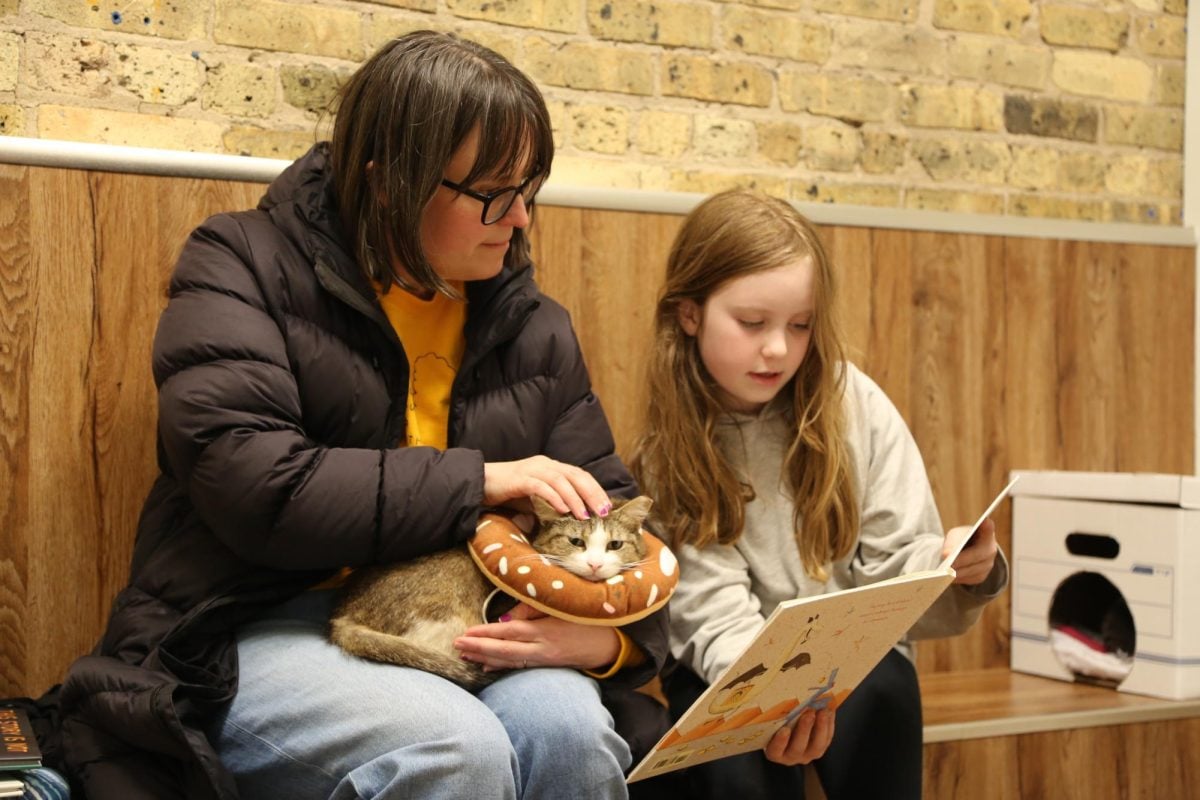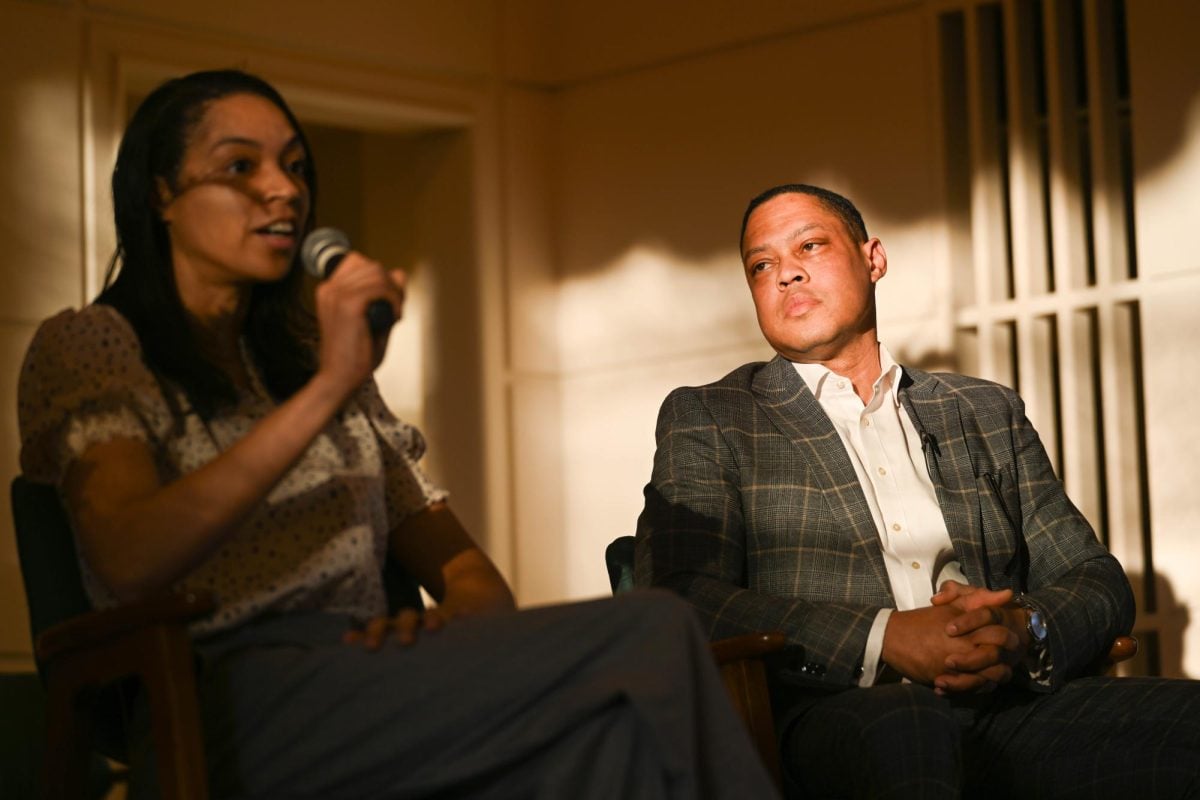Evanston Mayor Elizabeth Tisdahl reversed approval of a 7-Eleven franchisee’s liquor license application Thursday after reported community backlash over the new class of licenses needed for the convenience store to sell alcohol.
“I understand your application, I understand all the reasons – it’s good business practice to try – but I’m reversing my decision because I got handed my head on a platter,” Tisdahl said. “And we don’t have the votes to pass (the ordinance) anyway.”
In April, the city’s Liquor Control Review Board approved the application of Jayharipath, Inc. and 7-Eleven franchisee Prakash Mohanty pending a draft of a new license classification and review from the Evanston Police Department.
An ordinance creating the new liquor license class and issuing the first such license to the 7-Eleven at 817 Emerson St. was held in the Administration and Public Works committee in September and never appeared on later committee agendas for consideration.
7-Eleven representatives said at Thursday’s meeting that selling alcohol was a way to remain competitive with other area businesses, such as Whole Foods Market. Of the 400 locations in the Chicagoland area, about 200 sell alcoholic beverages, said 7-Eleven field consultant Mike Drop.
Drop said that cigarettes are “a declining business,” and the sale of alcohol can offset that reduction in revenues.
“Since we don’t have alcoholic beverage to sell, which would add to our revenue stream, add to the tax stream for the city as well, we have to think about where we’re going to be in a few years if this economy doesn’t turn,” Drop said.
Evanston currently offers a Class O license for grocery stores and combination stores, granted that the licensee has a minimum of 12,000 square feet of “production, preparation and display area,” according to the Evanston city code.
The proposed ordinance would have created a Class O-1 license for such establishments who do not meet the 12,000-square-foot requirement. All Class O license regulations, including restrictions on when alcohol could be sold, would have applied to Class O-1 licensees, according to a city memo.
Ald. Ann Rainey (8th) attended Thursday’s meeting but did not speak during discussion of the liquor license application. At the Sept. 24 Administration and Public Works committee, however, Rainey said the city was entering “very scary territory” with the proposed liquor license classification.
“This is a citywide issue where we could be in a position of receiving applications from every gas station that has a convenience store, every convenience store in town, which are some of our most problematic locations,” she said at the September meeting.
The ordinance was held in committee until the Oct. 22 meeting. The proposed ordinance was to be divided into two separate ones, one for the new liquor license class and another for issuing the first Class O-1 license to Jayharipath, Inc.
Though Tisdahl said she was willing to move forward with the new license classification, she said she was told “no” by aldermen, past aldermen and members of the community. The ordinances were specifically written to prohibit convenience stores from selling alcohol, Tisdahl said Thursday.
“It’s just not going to fly in Evanston to sell at a convenience store,” she said. “I don’t mean to pick on 7-Eleven, (the rule would apply to) any convenience store.”
After Tisdahl announced her reversal decision, Drop said outside the meeting that 7-Eleven would not try again for a liquor license.

